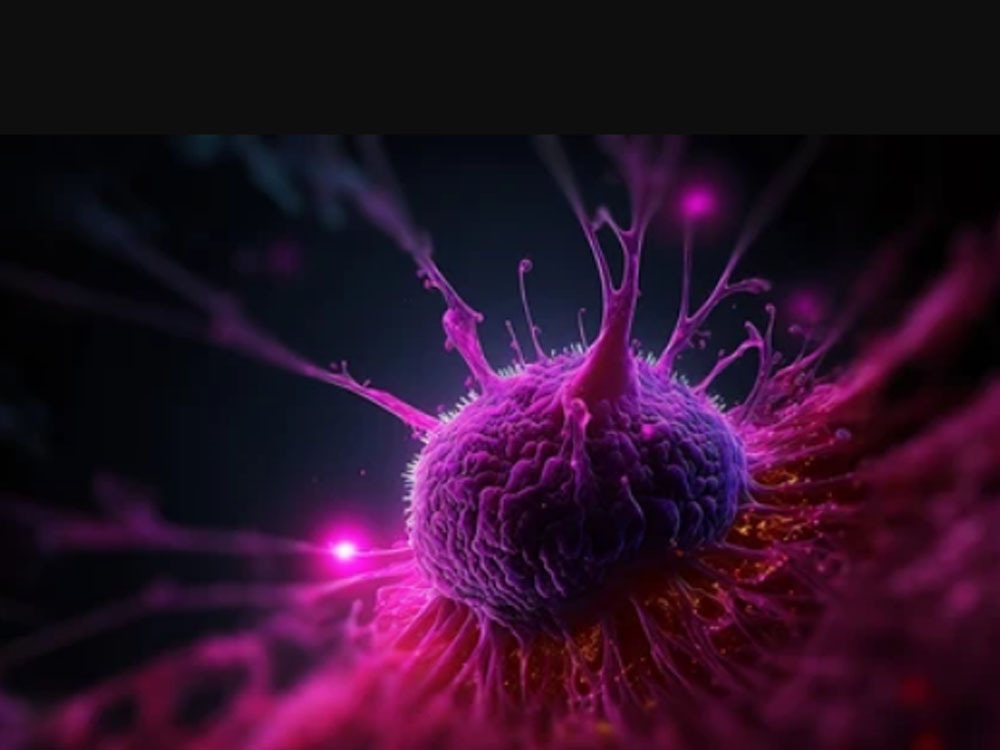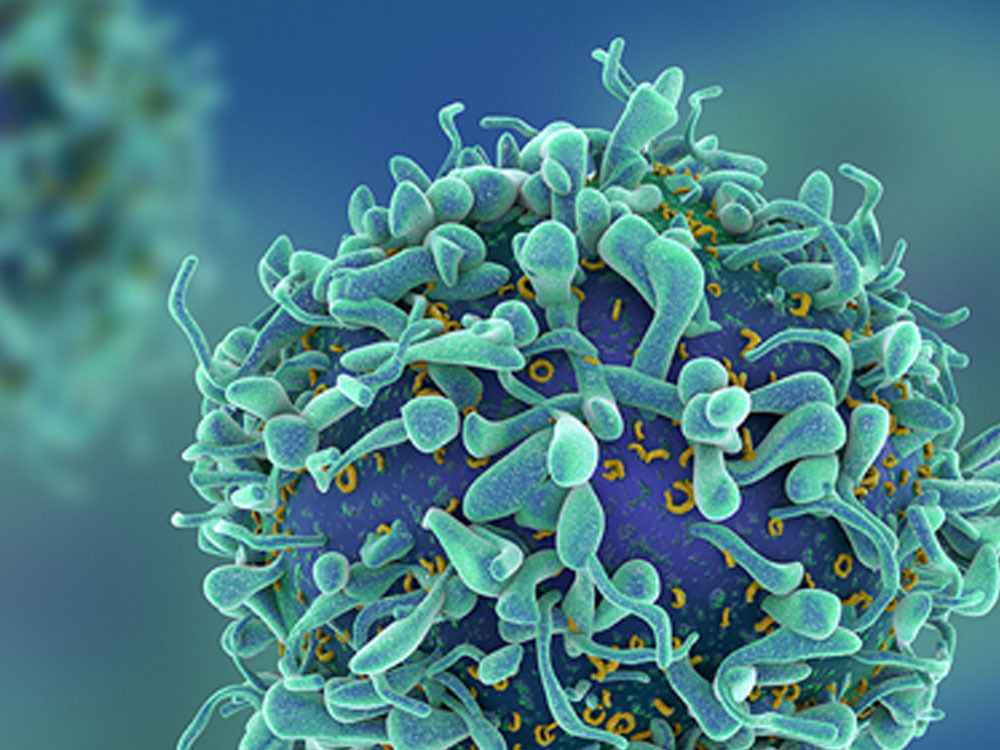Oncology is the medical specialty focused on the diagnosis, treatment, and management of cancer. Oncologists are physicians who specialize in the care of patients with cancer, working closely with multidisciplinary teams to provide comprehensive and personalized treatment plans. Cancer is a complex and multifaceted disease characterized by the uncontrolled growth and spread of abnormal cells, and oncologists are trained to address its various forms, stages, and manifestations.
Cancer is a complex and multifaceted disease characterized by the uncontrolled growth and spread of abnormal cells, and oncologists are trained to address its various forms, stages, and manifestations. One of the key roles of oncologists is the early detection and diagnosis of cancer. Through screenings, diagnostic tests, and imaging studies, oncologists strive to identify cancer at its earliest stages when treatment options are most effective. Oncologists utilize advanced technologies and techniques, such as biopsies, genetic testing, and molecular profiling, to accurately diagnose cancer and determine its specific characteristics, allowing for tailored treatment strategies.


